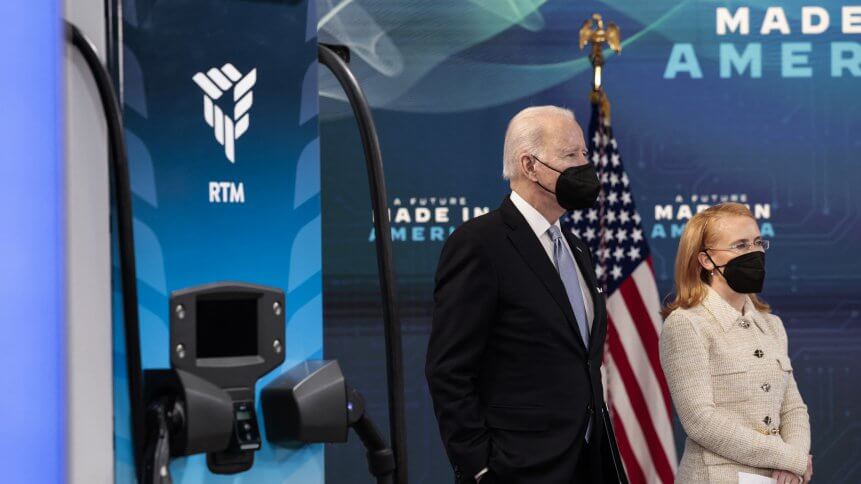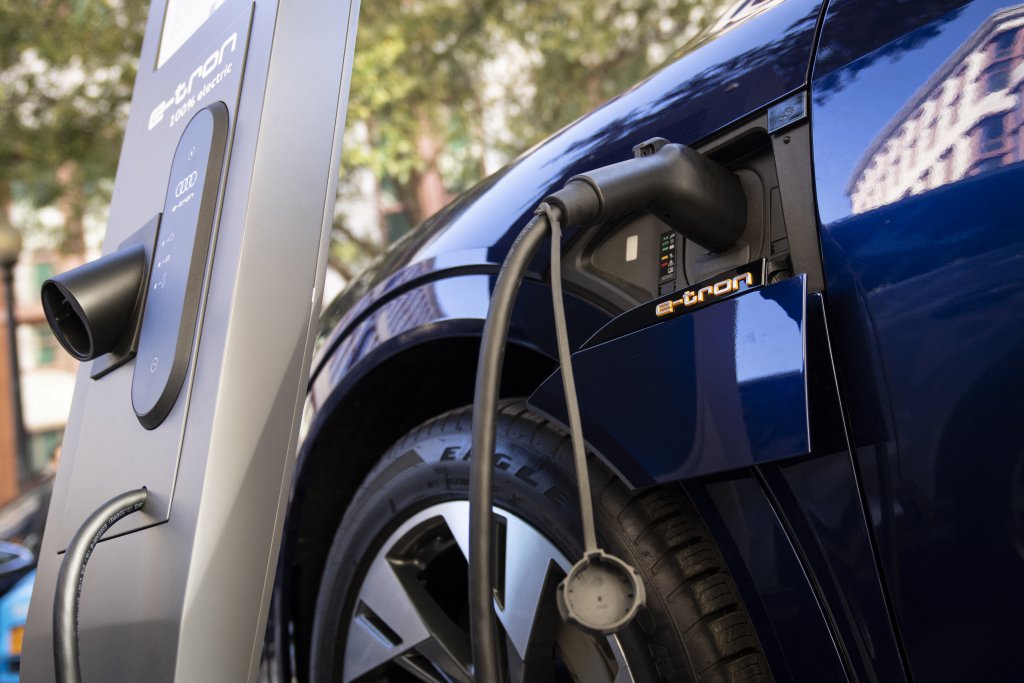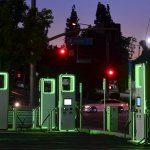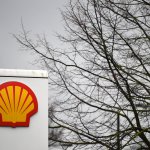Biden announces US $5 billion funding plan for EV chargers

Electric vehicle (EV) chargers are now in demand as the sales of EVs in the US continues to increase year on year. Last year, there were over 310,000 EVs sold in the US, with the state of California aloe adding 121,000 EVs.
While Tesla dominated the sales in the US, other American and European carmakers also saw positive sales in 2021. With increasing sales of EV, the bigger problem now was the shortage of EV chargers in the country.
To increase the number of EV chargers, the US Departments of Transportation and Energy have allocated nearly $5 billion under the new National Electric Vehicle Infrastructure (NEVI) Formula Program established by President Biden’s Bipartisan Infrastructure Law, to build out a national electric vehicle charging network, an important step towards making EV charging accessible to all Americans.
The program is expected to help states create a network of EV charging stations along designated Alternative Fuel Corridors, particularly along the Interstate Highway System.
“A century ago, America ushered in the modern automotive era; now America must lead the electric vehicle revolution. The President’s Bipartisan Infrastructure Law will help us win the EV race by working with states, labor, and the private sector to deploy a historic nationwide charging network that will make EV charging accessible for more Americans,” said U.S. Transportation Secretary Pete Buttigieg.
Earlier, US President Joe Biden announced the setting up of Tritium’s first US manufacturing facility in Lebanon, Tennessee. The facility will house six production lines that will produce up to 30,000 Buy America-compliant DC Fast Chargers per year at peak production.

Drew Angerer/Getty Images/AFP (Photo by Drew Angerer / GETTY IMAGES NORTH AMERICA / Getty Images via AFP)
Apart from Tritium, several other EV charging manufacturers large and small are also investing and expanding U.S. operations. They include Siemens, which is investing and expanding its U.S. manufacturing operations to support electric vehicle infrastructure in America, will produce 1 million EV chargers by 2025.
ABB, which currently manufactures Buy America-compliant transit bus chargers in the U.S., will also expand its US EV charging manufacturing operations, including Level 2 and DC Fast Chargers, over the coming five years, producing thousands of EV chargers each year.
Another manufacturer FreeWire Technologies, based in Oakland, California, currently manufactures Buy America-compliant battery-integrated EV charging equipment, and recently announced groundbreaking on a research, manufacturing, and testing facility in Newark, California.
The Department of Transportation and Energy also said that the plans will build on Alternative Fuel Corridors that nearly every state has designated over the past six years. The corridors will be the spine of the new national EV charging network. The joint office will play a key role in the implementation of the NEVI Formula Program by providing direct technical assistance and support to help states develop their plans before they are reviewed and approved by the Federal Highway Administration, which administers the funding.
“Americans need to know that they can purchase an electric vehicle and find convenient charging stations when they are using Interstates and other major highways. The new EV formula program will provide states with the resources they need to provide their residents with reliable access to an EV charging station as they travel,” commented Deputy Federal Highway Administrator Stephanie Pollack.
The US EV charging funding comes at an increasing time as the EV market continues to grow globally. Chinese EV carmakers have been moving ahead of the Americans in terms of new technologies in the industry.
At the same time, companies like Tesla have been facing regulatory issues in US on some of its vehicles and recently announced several recalls, after flaws were detected in some models.










